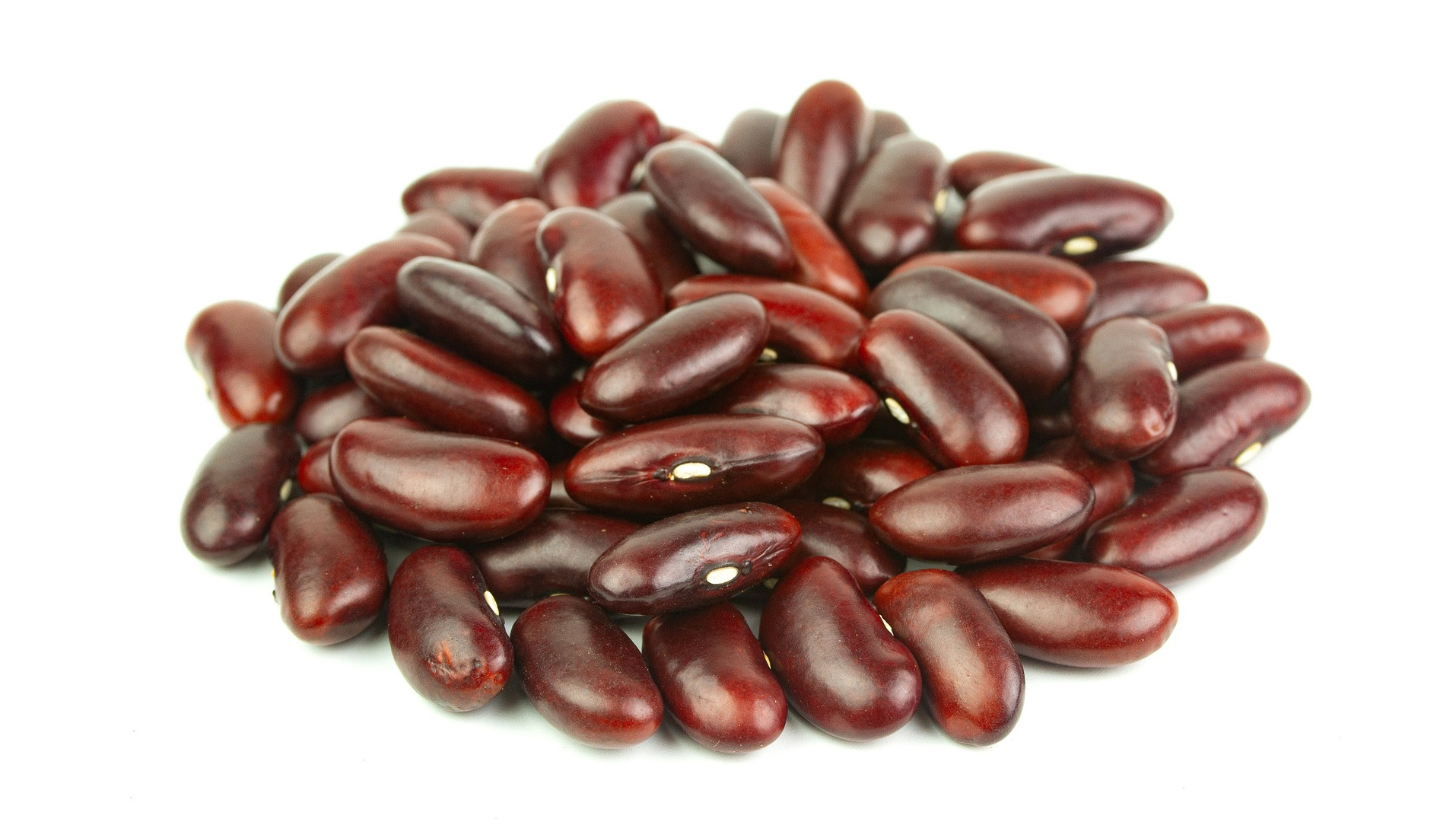Kidney Disease and Disorders: Causes, Symptoms, and Natural Remedies
The kidneys play a critical role in maintaining the body’s internal balance by regulating fluid levels, filtering metabolic wastes, and controlling the acid-base balance. They are also responsible for essential functions such as urine formation, blood pressure regulation, red blood cell production, and calcium metabolism.
Kidney diseases and disorders can seriously impact overall health. In many cases, they are caused by systemic conditions such as diabetes and high blood pressure. Kidney disease may also be linked to infections, prolonged medication use, or congenital abnormalities.
Common Causes of Kidney Disease
- Diabetes: High blood sugar levels can damage the blood vessels in the kidneys, leading to chronic kidney disease (CKD).
- High Blood Pressure: Uncontrolled hypertension strains the kidneys, reducing their ability to filter blood efficiently.
- Infections: Poststreptococcal throat or skin infections can trigger an immune response that damages kidney tissues.
- Medications: Prolonged use of analgesics (e.g., NSAIDs) and certain antibiotics can lead to kidney damage.
- Aging: Kidney function declines naturally with age, making older adults more susceptible to kidney disease.
- Kidney Stones: Large kidney stones can block the urinary tract, causing pain and potential kidney damage if not addressed.
- Other Risk Factors: Obesity, cardiovascular disease, family history of kidney disease, and smoking can increase the likelihood of kidney dysfunction.
Symptoms of Kidney Disease
- Fatigue and general weakness
- Swelling (edema), particularly in the legs, ankles, or around the eyes
- Persistent high blood pressure
- Changes in urination (foamy urine, frequent urination, or difficulty urinating)
- Nausea and vomiting
- Muscle cramps, especially in the legs
- Loss of appetite
- Abnormal urine color
If you experience any of these symptoms, it is crucial to consult a healthcare provider, as kidney disease can progress to more severe conditions such as kidney failure.
When to Seek Medical Help
Kidney disease can progress to kidney failure if left untreated. If you experience symptoms such as difficulty urinating, persistent swelling, severe fatigue, or unexplained weight loss, seek medical attention immediately. Early detection and treatment can slow the progression of kidney disease and improve outcomes.
Natural Remedies, Lifestyle Modifications and Home Treatments for Kidney Health
Kidney disease and disorders are serious health conditions that require careful management. Alongside medical treatment, lifestyle changes and natural remedies can help support kidney function and reduce the risk of further damage. Staying hydrated, maintaining a kidney-friendly diet, and incorporating natural diuretics like dandelion and parsley effectively support kidney health.
However, it’s essential to consult with a healthcare provider before using any home remedies, especially if you have underlying health conditions or are taking medications. A proactive approach can make a significant difference in managing kidney disease and maintaining overall well-being.
Monitor Blood Pressure and Blood Sugar
If you have diabetes or high blood pressure, it’s essential to manage these conditions to prevent further kidney damage. Regular monitoring, medications, and a healthy lifestyle are key.
Limit Over-the-Counter Medications
Prolonged use of NSAIDs (such as ibuprofen) can harm kidney function. Always consult with your doctor before using any medication for an extended period.
Exercise Regularly
Regular physical activity can help control blood pressure and improve circulation, which benefits kidney health. Low-impact exercises such as walking, swimming, and yoga are great choices.
Avoid Smoking and Excessive Alcohol
Smoking damages blood vessels and reduces kidney function, while alcohol can increase blood pressure and contribute to dehydration, worsening kidney health.
Stay Hydrated
One of the most effective ways to support kidney health is by staying adequately hydrated. Water helps the kidneys filter out waste products and toxins, reducing the risk of kidney stones and infections. Aim for at least 8-10 glasses of water a day.
Healthy Diet
A kidney-friendly diet is essential for managing kidney disease and preventing further damage.
- Limit sodium: Reducing salt intake helps control blood pressure and prevents fluid retention. Avoid processed meats, canned foods, and salty snacks.
- Watch your protein: High-protein diets can burden the kidneys. Opt for plant-based proteins like beans, lentils, and tofu instead of excessive red meat or processed meats.
- Increase fruit and vegetable intake: Foods rich in antioxidants and fiber, like berries, apples, and leafy greens, support kidney function.
- Limit phosphorus-rich foods: Processed foods, dairy, and certain nuts are high in phosphorus, which can strain damaged kidneys.
Dandelion Tea
Dandelion is a natural diuretic that helps increase urine output, flush out toxins, and support kidney function. Drink 1-2 cups of dandelion tea daily to aid kidney health.
Parsley
Parsley has been traditionally used as a natural diuretic to cleanse the kidneys. Boil a handful of fresh parsley in water, strain, and drink it 1-2 times daily.
Apples and Berries
These fruits are high in antioxidants, which reduce inflammation and protect the kidneys from oxidative stress. Consuming apples and berries regularly may help support kidney health.
Gokshura (Tribulus terrestris)
Gokshura seed powder is a traditional Ayurvedic remedy for improving urinary tract function and reducing kidney discomfort. Mix 1 teaspoon of gokshura powder with honey or goat’s milk and take it daily to support kidney health.
Beet Juice (In Moderation)
Beet juice is rich in antioxidants and nitrates, which can help improve blood flow and reduce blood pressure, which are beneficial for kidney function. However, beet juice should be consumed in moderation, especially in people prone to kidney stones, as it contains oxalates, which can contribute to stone formation.
Basil
Basil has diuretic and detoxifying properties that may support kidney function. Fresh basil leaves or juice (1 teaspoon daily) can help cleanse the kidneys.
Omega-3 Fatty Acids
Omega-3s are known for their anti-inflammatory properties. Foods rich in omega-3s, like fish, flaxseeds, and walnuts, may help reduce kidney inflammation and support overall kidney health.



